.png)

Belgium 10-3-26 All Members Physical english
From modular business design to AI-driven pipelines, architectures, and operationsA composable enterprise is built on modular processes, API-driven ecosystems, low-code platforms, and cloud-native services. It promises speed and adaptability by allowing organisations to reconfigure their capabilities as conditions change. However, modular design alone does not guarantee resilience; the way these systems are engineered and operated is just as important.This is where AI is beginning to make a difference. Beyond generating snippets of code, AI is already influencing how entire systems are developed and run: accelerating CI/CD pipelines, improving test coverage, optimising Infrastructure-as-Code, sharpening observability, and even shaping architectural decisions. These changes directly affect how quickly new business components can be deployed, connected, and retired.In this session, we will examine how CIOs can bring these two movements together:Composable design is the framework for flexibility and modularity.AI-augmented engineering is the force that delivers the speed, quality, and intelligence needed to sustain it.The pitfalls of treating them in isolation: composability that collapses under slow engineering cycles, or AI that only adds complexity without a modular structure.The discussion goes beyond concepts to practical implications: how to architect organisations that can be recomposed at speed, without losing control or reliability. The outcome is an enterprise that is not only modular in design but also engineered to adapt continuously under real-world conditions.
Read More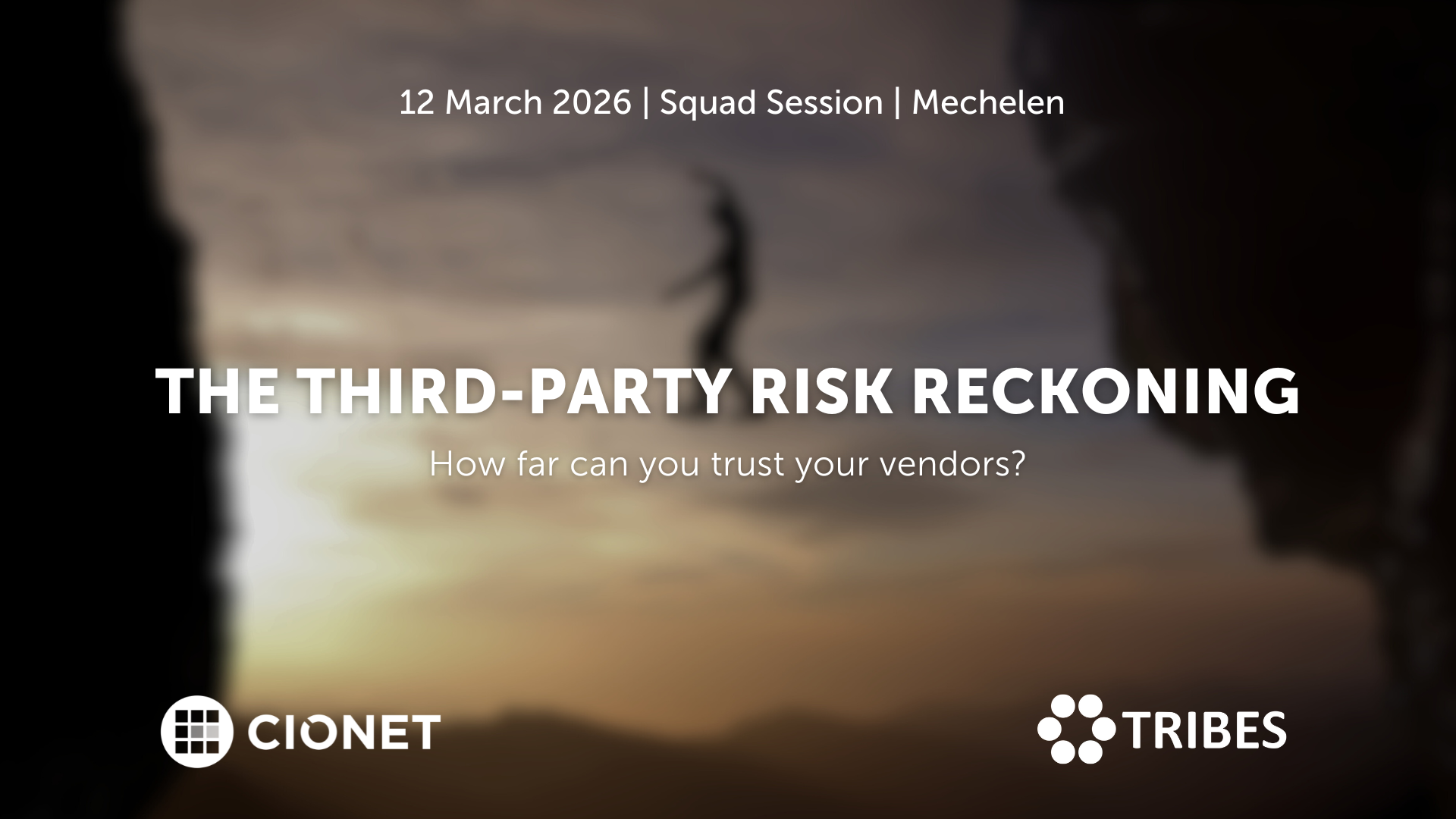
Belgium 12-3-26 Physical english
Tomato! Tomato! Tomato! Get your tomato now! Every vendor sells security. And every company depends on vendors, partners, and suppliers. The more digital the business becomes, the longer that list grows, and so does the attack surface. One weak link, and there is always one, or one missed update, and trust collapses faster than any firewall can react. What used to be a procurement checklist has become a full-time discipline. Questionnaires, audits, and endless documentation prove that everyone’s “compliant,” yet incidents keep happening. So it’s clear: the issue isn’t lack of policy, or maybe a bit, but mostly lack of visibility. Beyond a certain point, even the most secure organisation is only as safe as its least prepared partner (or an employee who hadn’t had their morning coffee). So how far can you trust your vendors? How do you check what you can’t control? And when does assurance become theatre instead of protection? Does it come at a different cost? Let’s exchange what works and what fails in third-party risk management: live monitoring, shared responsibility models, contractual levers, and the reality of building trust in a chain you don’t own. A closed conversation for those redefining what partnership means when risk is shared but accountability isn’t.
Read More.jpg)
Belgium 19-3-26 Country Members Physical french
Moins de Partenaires : La consolidation vaut-elle le risque ? Le problème est la prolifération des fournisseurs : trop d'outils causant de la complexité, une taxe d'intégration paralysante et de la redondance. La Taxe d'Intégration est le coût caché (en temps, en échecs et en ressources) d'essayer de faire fonctionner ensemble des systèmes disparates. Cet échange se concentre sur des stratégies éprouvées pour simplifier de manière agressive le parc technologique, consolider les fournisseurs et élever certains fournisseurs clés au rang de partenaires stratégiques.
Read More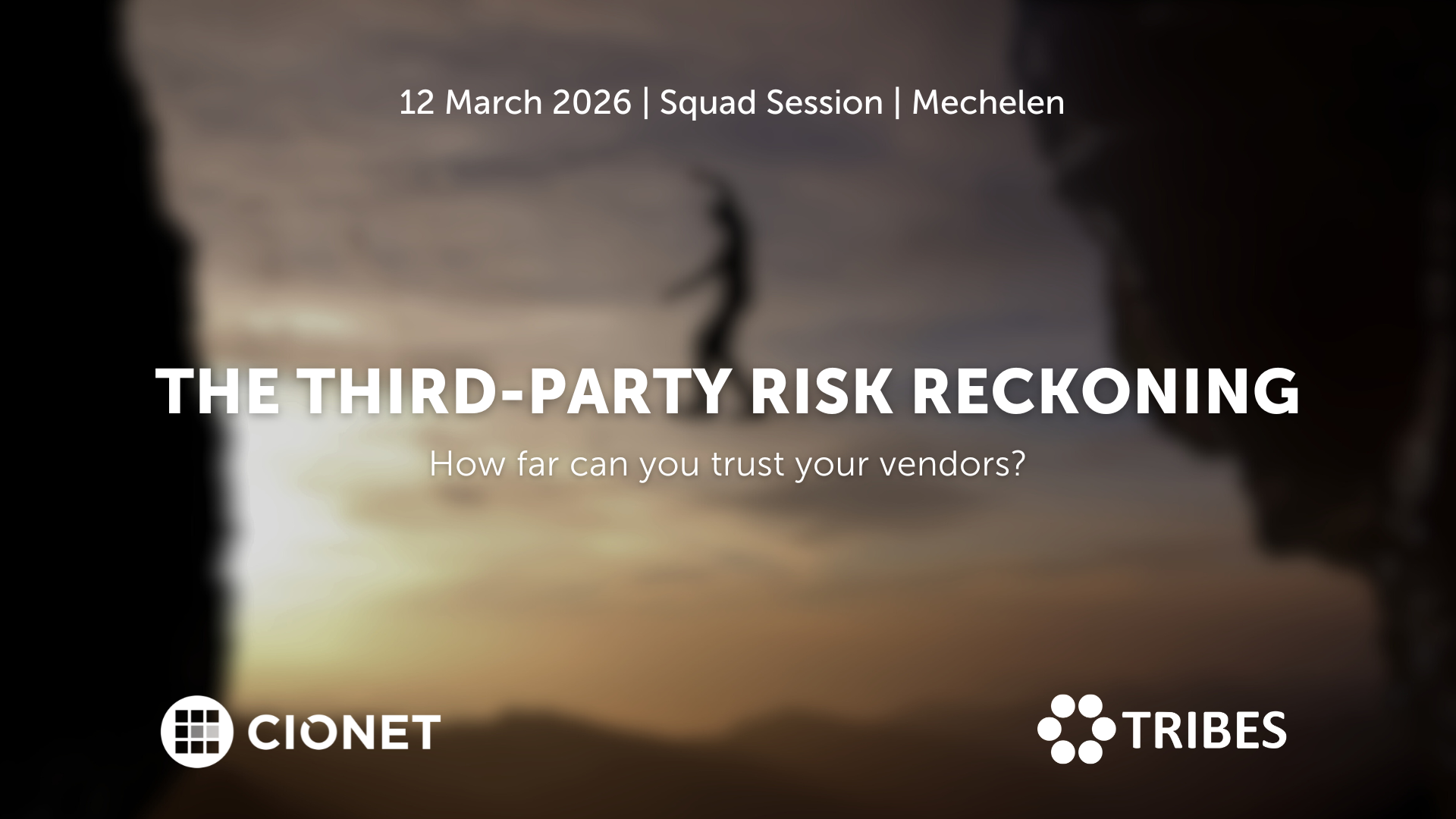
March 12, 2026 Squad Session Invitation Only Physical english
Tomato! Tomato! Tomato! Get your tomato now! Every vendor sells security. And every company depends on vendors, partners, and suppliers. The more digital the business becomes, the longer that list grows, and so does the attack surface. One weak link, and there is always one, or one missed update, and trust collapses faster than any firewall can react.
Read More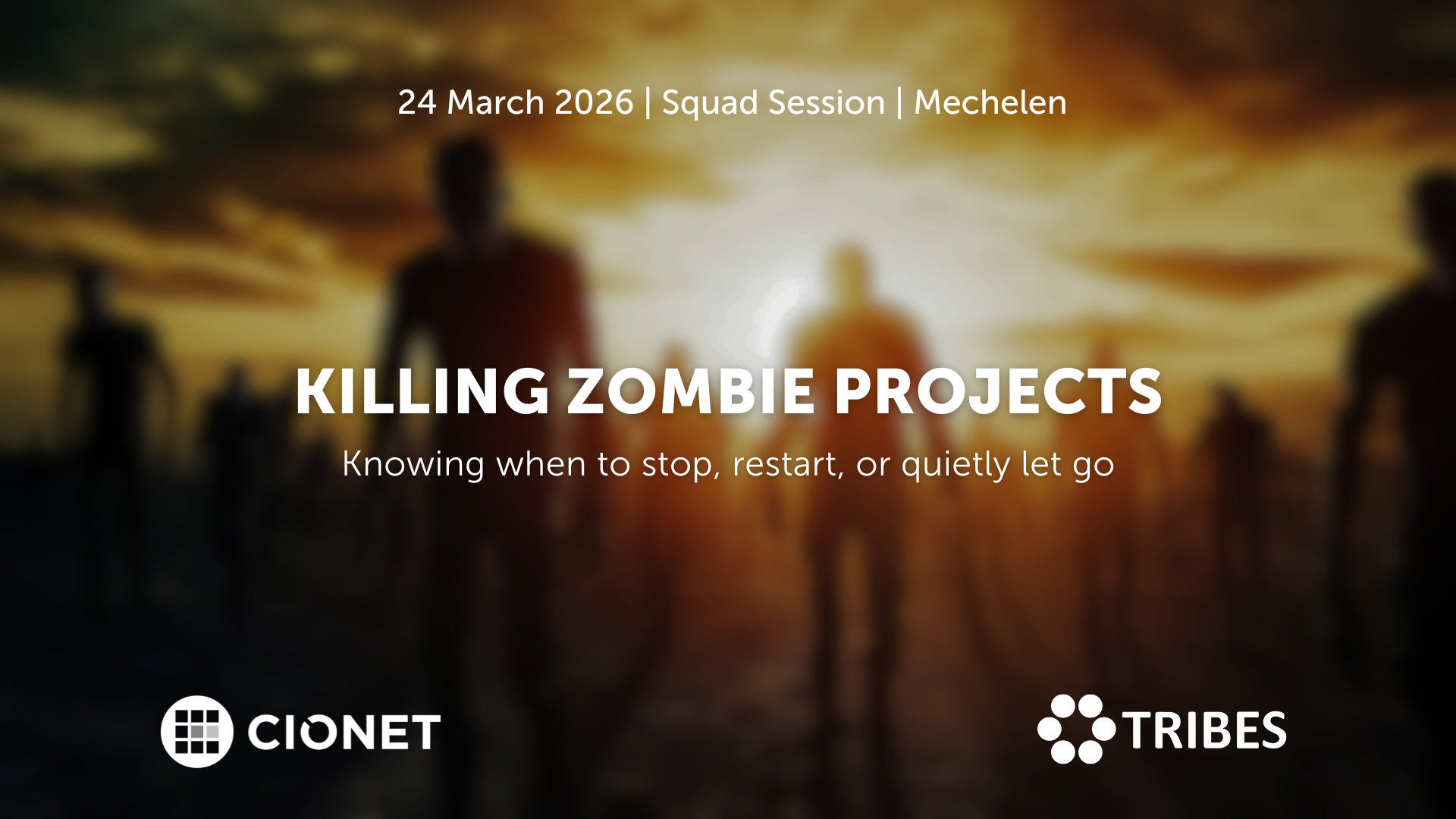
March 24, 2026 Squad Session Invitation Only Physical english
Every organisation has them, projects that keep running long after their purpose has faded. No one remembers who asked for them, but shutting them down feels riskier than keeping them alive. And eventually, people stay assigned, budgets stay allocated, and energy drains into work that no longer matters. Inertia at its finest.
Read More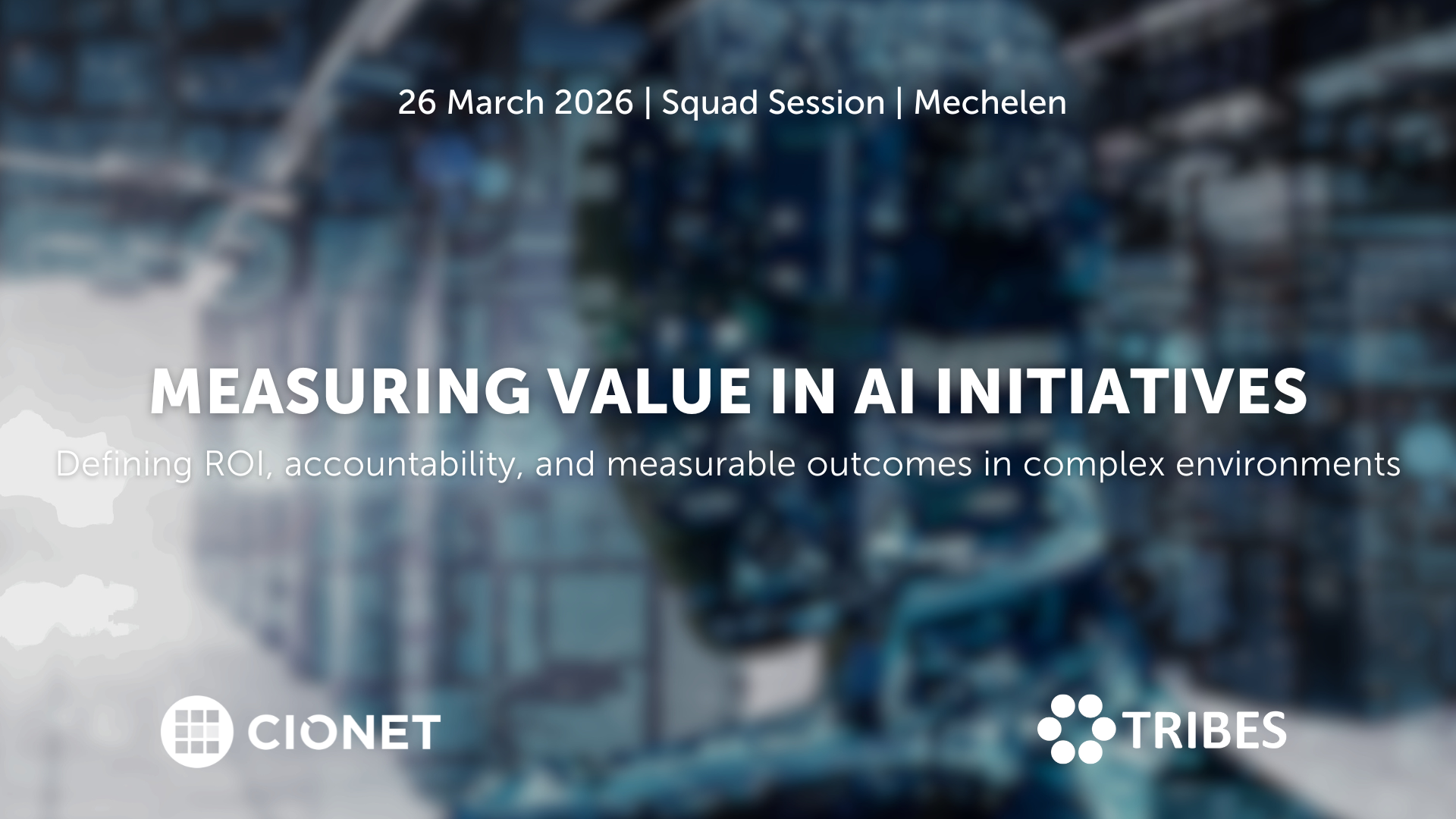
March 26, 2026 Squad Session Invitation Only Physical english
AI projects continue to multiply, but proving their value remains difficult. Most organisations can track activity, not impact. Dashboards count pilots and models, yet few translate to measurable business outcomes. The result is familiar: success stories without clarity on what they actually delivered.
Read More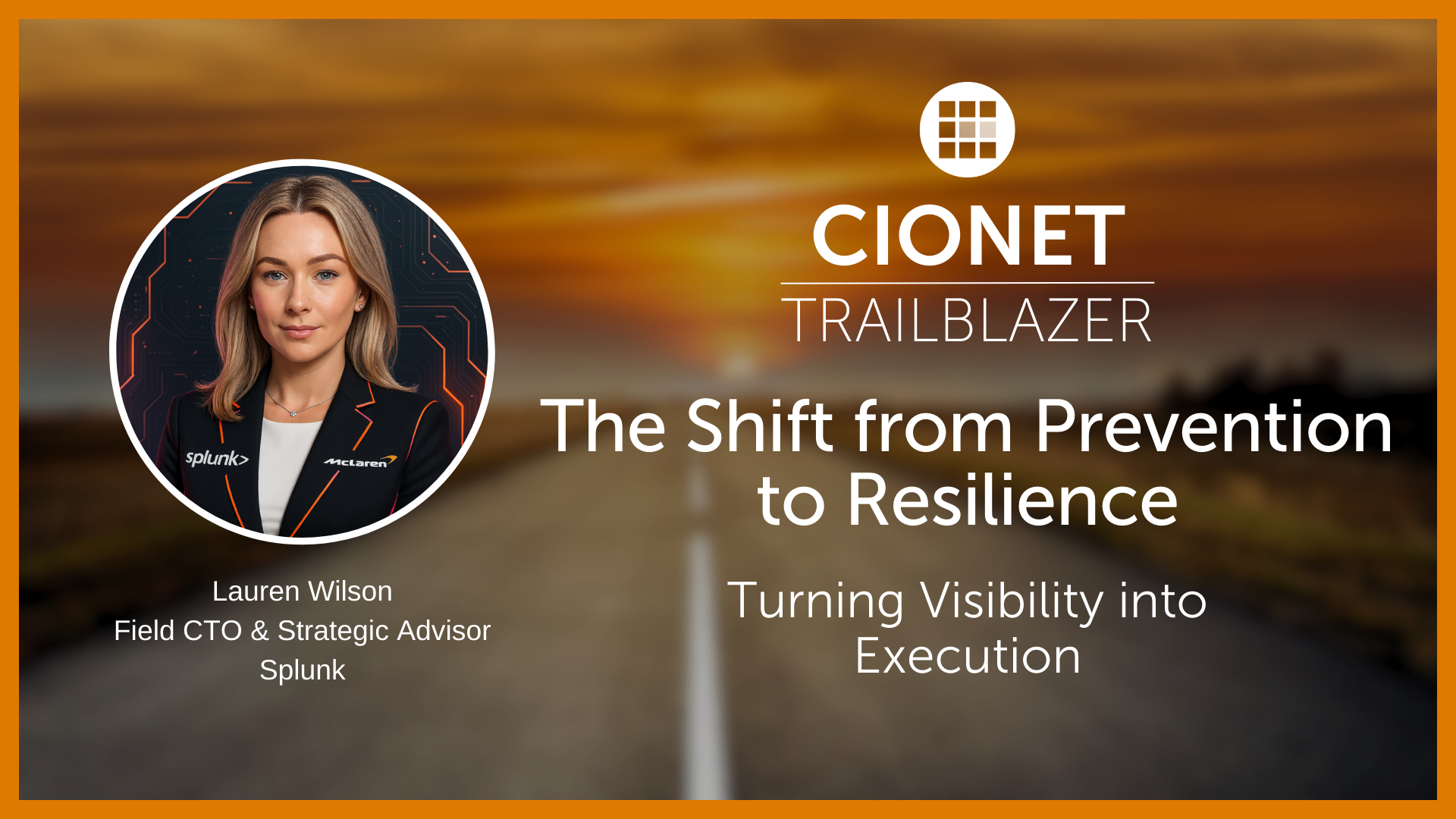
CIONET Trailblazer: CISO: The Shift from Prevention to Resilience: Turning Visibility into Execution
Published on: January 28, 2026 @ 9:48 AM
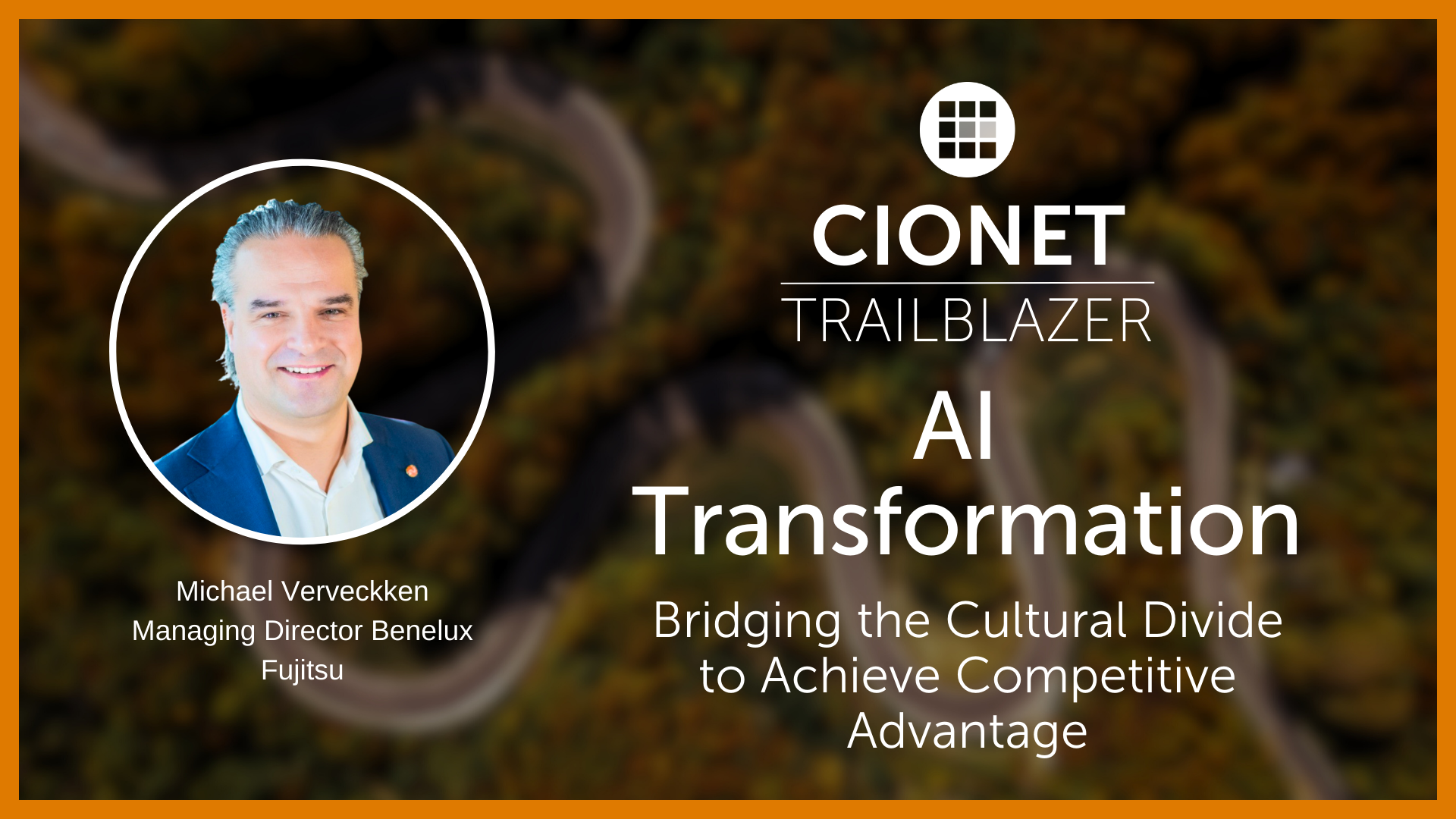
CIONET Trailblazer: AI Transformation: Bridging the Cultural Divide to Achieve Competitive Advantage
Published on: December 17, 2025 @ 9:16 AM
The Institut Pasteur and AWS are analysing the world's DNA, using a public database
Institut Pasteur, a leading French virology research center, processed 20 petabytes of DNA data in record 30 hours, leveraging AWS Batch over a cluster of 2.18M AWS Graviton cores.
Reduce the computing time required of 30 million vCPU hours to 30 hours, with 2.18 million vCPUs mobilised at peak
First exhaustive use of a 20-petabyte DNA database
Provision of AWS technical resources and support expertise
To date, less than 0.01% of existing viruses have been identified. And among these countless as yet unknown species may lie the culprit of a future pandemic. Following the Covid-19 crisis, and to more easily identify future threats, a research project called "IndexThePlanet" at the Institut Pasteur set about analysing and mapping the DNA of the entire living world, using a public database. However, to process such a large volume of data, the project had to set up an appropriate infrastructure to meet the challenge of processing some 20 petabytes of data. This is the purpose of the partnership with Amazon Web Services (AWS), which has provided the researchers with a cluster of more than 2 million vCPUs to carry out this massive task.

Opportunity
To date, only 0.01% of existing viruses have been identified, and their exact number is still unknown. Among these countless as yet unknown species may lie the culprit behind a future pandemic. Following the Covid-19 crisis, a research team at the Institut Pasteur set about analysing and mapping the DNA of all living organisms to help identify future threats.
To process such a large volume of data, the team set up an appropriate infrastructure to meet the challenge of processing 20 petabytes of DNA data. To put this in perspective, this is roughly equivalent to all the data YouTube hosted during its first decade. This is the purpose of the partnership with Amazon Web Services (AWS), which has provided the researchers with a cluster of 2.18 million vCPUs to carry out this massive task.
"The IndexThePlanet project is actually the sequel to an initial research project carried out jointly with an international team, the Serratus project, which led to the identification of new species of coronavirus and other RNA viruses," points out Rayan Chikhi, a bio-computing researcher at the Institut Pasteur. It has enabled us to map ten times as many species as before, with a total of around 3 petabytes of data analysed. "Encouraged by this initial success, we decided to take things a step further by broadening the spectrum to include all viruses present on earth, i.e., by analysing the DNA of all known living organisms. This naturally represents a considerable challenge in terms of computing power, since this time we had to process a volume of data more than six times greater than that of the Serratus project."

AWS has mobilised considerable resources, which have reached 2.18 million vCPUs at peak for Graviton instances."
"We reckon it would have taken a desktop computer nearly 30 million hours, or 3,400 years, to carry out such a calculation."
Solution
Developing a DNA Search Engine
For this research, the teams at the Institut Pasteur had access to a global database, stored and accessible to the scientific community by AWS and its Registry of Open Data Programme. This database contains sequencing data for all living species on Earth. However interesting this data may be scientifically, it is still unstructured, making it extremely tedious to explore. The IndexThePlanet project is therefore based on two specific stages: first of all, the "global analysis" of this database in order to make it readable and usable, and secondly, the provision of a search engine that can quickly and efficiently navigate the index that has been created. This search engine should be operational by 2026.
"To really understand what is at stake in our work, we need to think of this database as a sort of gigantic library, but one in which all the pages of all the books have been scattered. The challenge for IndexThePlanet is to restore coherence to this data by methodically classifying all the DNA fragments in order to reconstruct them on the scale of a living being, but also taking account of its environment. This is a major undertaking, which should ultimately benefit the entire biological research community," adds the researcher.
2.18 Million vCPUs Mobilised
The Institut Pasteur consequently turned to AWS to set up an appropriate infrastructure to meet the challenge of this massive processing. "Preparing the operations took almost a year, ultimately resulting in a calculation batch lasting just 30 hours," smiles Rayan Chikhi. But what a batch! During processing, AWS mobilised considerable resources, which reached 2.18 million vCPUs at peak for the AWS Graviton instances. As a comparison, we reckon that it would have taken a desktop computer nearly 30 million hours, or 3,400 years, to carry out such a calculation.”
AWS Technical Support
"To provide the best support for the Institut Pasteur's teams, we called on all the resources available to us," explains Dorian Schaal from Amazon Web Services, who supported the researcher throughout the project. This included scheduling the calculations over the weekend to access resources that were less in demand, as the massive size of the resources took up a significant proportion of the available resources. He continued: "The success of this project is something our teams are very proud of, and will help enhance the Open Data database that AWS is making available free of charge to the global scientific community."
Facilitating Tomorrow's Processing
The IndexThePlanet project has resulted in the creation of two datasets: a complete one of 2.2 petabytes and a more compact one of around 400 terabytes, which will serve as the basis for the future genomic search engine. It will provide accurate information on all the viruses and bacteria in the global database. A success that Rayan Chikhi nevertheless tempers: "this database is still highly incomplete in terms of terrestrial variety and, despite its success, this research project will only make it possible to increase the number of known viruses from 0.01 to 0.1%. But the progress remains considerable in terms of current knowledge". Ultimately, IndexThePlanet could serve as the basis for a system dedicated to global monitoring of the emergence of pandemics. From the moment a strain is discovered in a hospital, it could be compared with all the genetic material on the planet, saving precious time in the search for treatments and vaccines and potentially saving tens of thousands of lives.

Founded by Louis Pasteur in 1887, the Institut Pasteur is a world-renowned French biomedical research centre conducting cutting-edge scientific research on infectious diseases and public health.
534 Views 0 Likes Read More
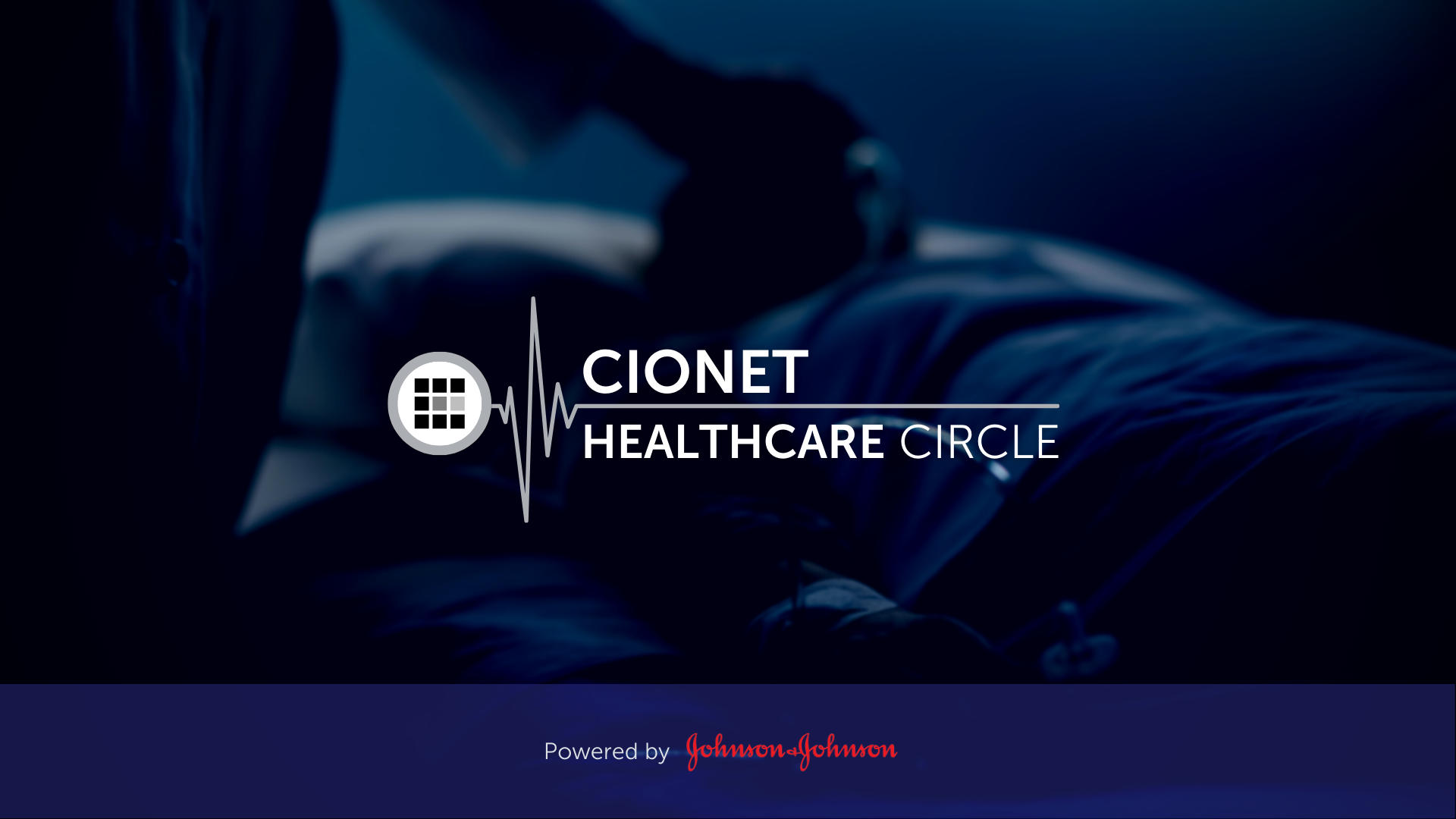
Digital Transformation is redefining the future of health care and health delivery. All stakeholders are convinced that these innovations will create value for patients, healthcare practitioners, hospitals, and governments along the patient pathway. The benefits are starting from prevention and awareness to diagnosis, treatment, short- and long-term follow-up, and ultimately survival. But how do you make sure that your working towards an architecturally sound, secure and interoperable health IT ecosystem for your hospital and avoid implementing a hodgepodge of spot solutions? How does your IT department work together with the other stakeholders, such as the doctors and other healthcare practitioners, Life Sciences companies, Tech companies, regulators and your internal governance and administrative bodies?
Read More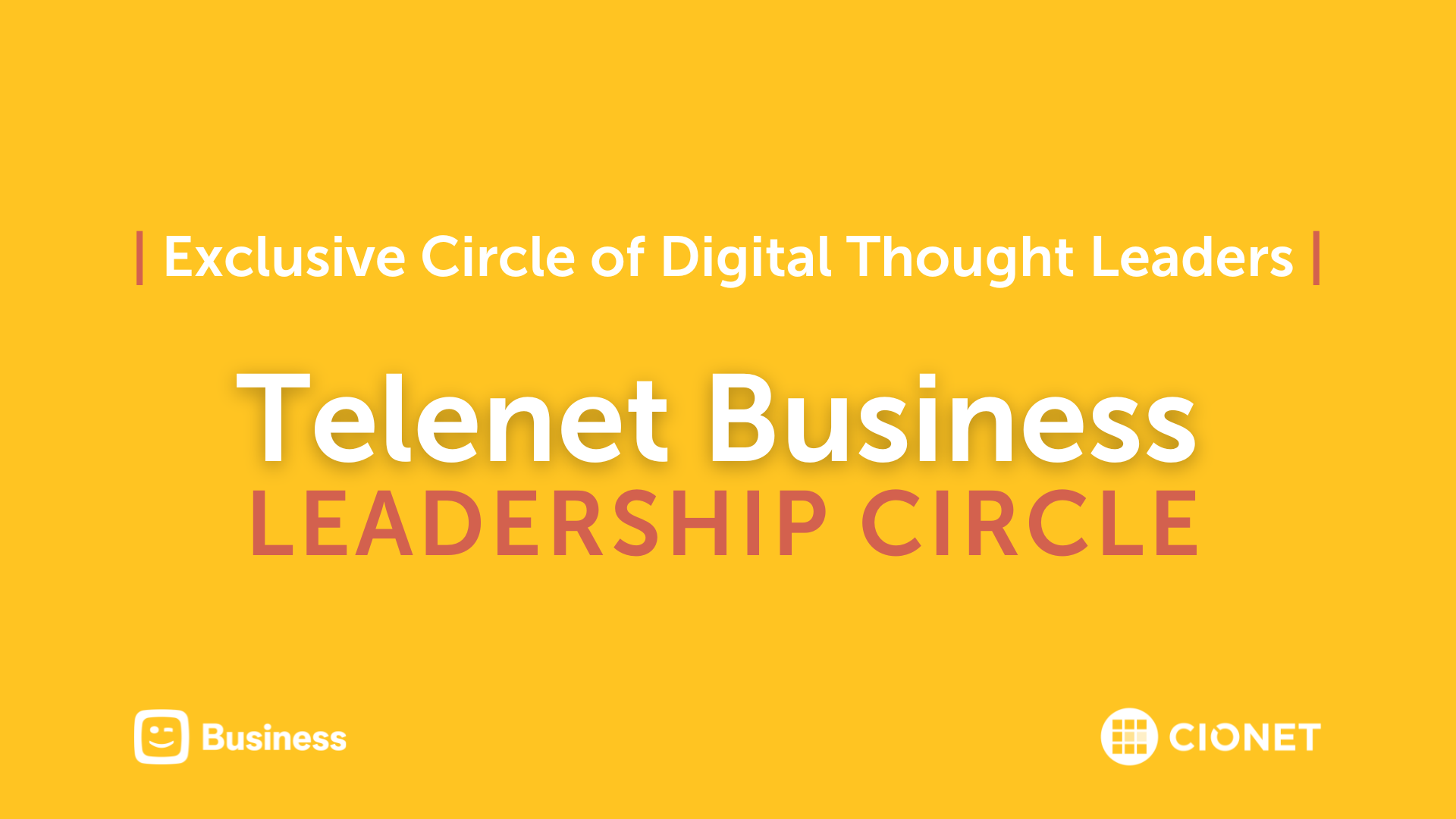
The Telenet Business Leadership Circle powered by CIONET, offers a platform where IT executives and thought leaders can meet to inspire each other and share best practices. We want to be a facilitator who helps you optimise the performance of your IT function and your business by embracing the endless opportunities that digital change brings.
Read More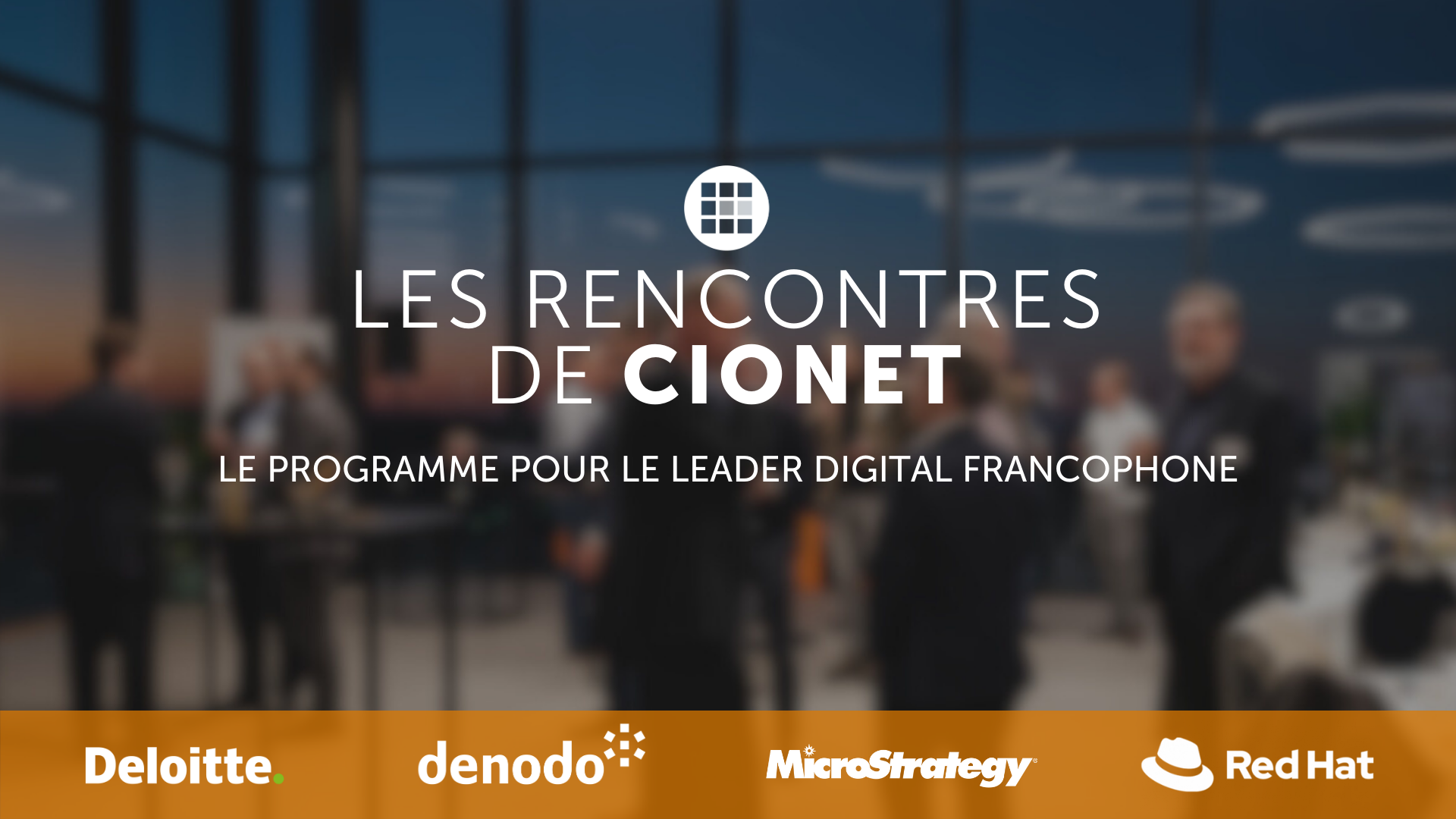
Découvrez la dynamique du leadership numérique aux Rencontres de CIONET, le programme francophone exclusif de CIONET pour les leaders numériques en Belgique, rendu possible grâce au soutien et à l'engagement de nos partenaires de programme : Deloitte, Denodo et Red Hat. Rejoignez trois événements inspirants par an à Liège, Namur et en Brabant Wallon, où des CIOs et des experts numériques francophones de premier plan partagent leurs perspectives et expériences sur des thèmes d'affaires et de IT actuels. Laissez-vous inspirer et apprenez des meilleurs du secteur lors de sessions captivantes conçues spécialement pour soutenir et enrichir votre rôle en tant que CIO pair. Ne manquez pas cette opportunité de faire partie d'un réseau exceptionnel d'innovateurs numériques !
Read More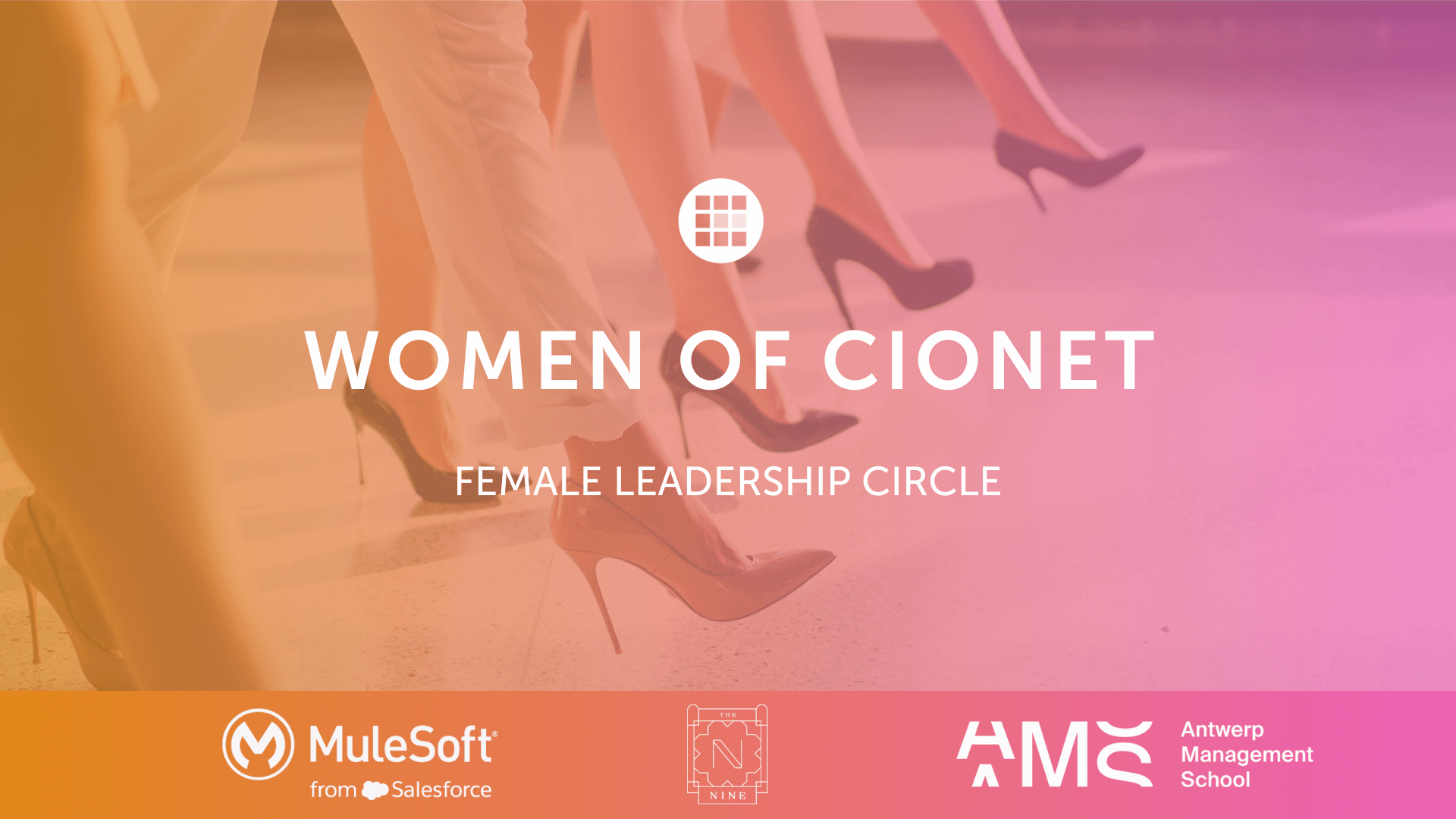
CIONET is committed to highlighting and celebrating female role models in IT, Tech & Digital, creating a leadership programme that empowers and elevates women within the tech industry. This initiative is dedicated to showcasing the achievements and successes of leading women, fostering an environment where female role models are recognised, and their contributions can ignite progress and inspire the next generation of women in IT. Our mission is to shine the spotlight a little brighter on female role models in IT, Tech & Digital, and to empower each other through this inner network community.
Read More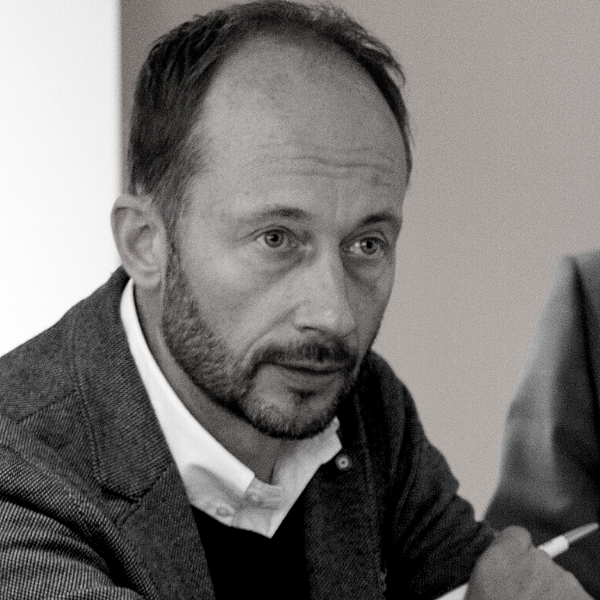


-Apr-01-2022-10-58-34-57-AM.png)





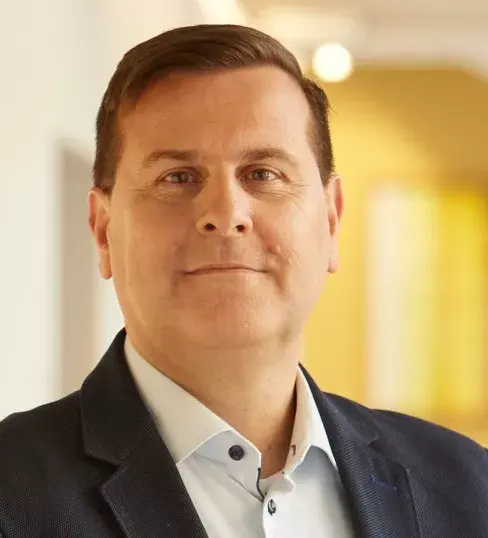



-Dec-13-2023-10-53-15-5032-AM.png)



-Jun-12-2023-01-23-11-7540-PM.png)



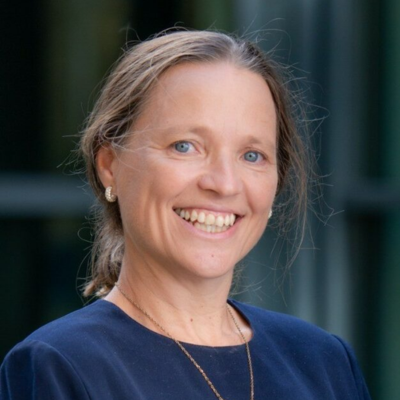
-Apr-01-2022-10-58-34-68-AM.png)



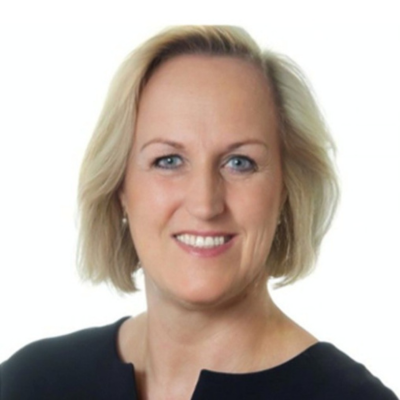




.png)


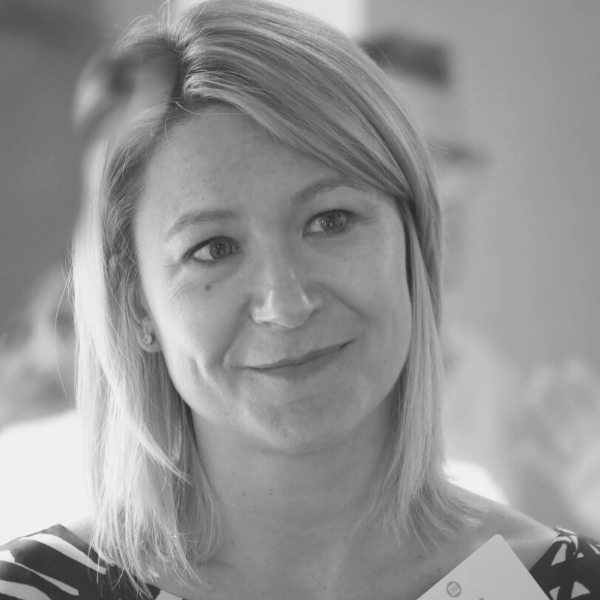






-Sep-01-2022-02-47-55-60-PM.png)
-Nov-22-2023-08-56-42-6802-AM.png)
.png)

Would you like to know more about CIONET Belgium, membership or partnership opportunities? Do you have feedback or any other question? Send us a message!
You can either send us a registered handwritten letter explaining why you'd like to become a member or you can simply talk to us right here!